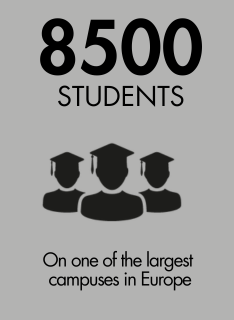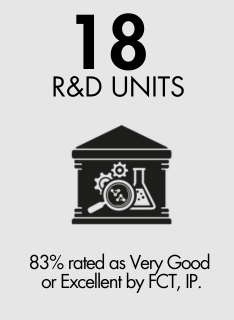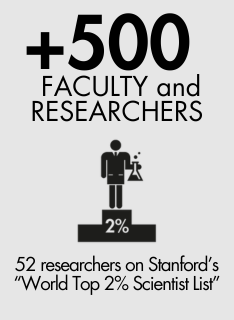Biology is undergoing the impact of a digital transformation driven by the rapid development of computational algorithms and artificial intelligence methods, which have revolutionized the analysis of biological systems as well as associated pharmaceutical and medical technologies.
The Master’s in Computational Biology and Bioinformatics (MCBBI) at NOVA offers a multidisciplinary education at the interface between Life Sciences and Information Technologies.
Ask ChatGPT
Applications 2025/26
1st Phase: FEV. 3 to MAR. 22
2nd Phase: JUN. 2 to JUL. 18
3rd Phase: SEPT. 1 to 5
Vacancies: 11
Duration: 2 years (120 ECTS)
Format: On-site, Daytime
Language: English
Course Coordinator: Paula Gonçalves, mbcbi.coordenador@fct.unl.pt
Academic division: mestrados@fct.unl.pt
The program offers solid hands-on training in the fundamental areas of computational biology and bioinformatics for students with a background in Life Sciences. It is based on a flexible structure composed of a common core and two specialization tracks.
The common core develops students’ proficiency in computer science, mathematics, and artificial intelligence, while exposing them to the various branches of computational biology.
Students may then choose to specialize in one of two tracks: Multi-Omics for Life and Health Sciences or Biosystems Simulation for Life and Health Sciences
Tuition fee - Portuguese students: 1500€ / year
Tuition fee - Foreign students: 7000€ / year
MASTER’S ACCEPTANCE FEE: (in Portuguese only)
Accepted candidates must pay a non-refundable fee of 100 euros within a maximum period of 7 consecutive days from the placement date. This amount will be deducted from the total tuition fee after enrollment.
Failure to pay within this deadline will result in the automatic exclusion of the candidate. No exceptions or late payments will be accepted. Any payment made after the deadline will not be refunded, and the candidate’s exclusion will remain in effect.
The NOVA University Lisbon reinforces its commitment to equity in higher education by awarding scholarships that promote inclusion and equal opportunities.
More information here.
The Department of Life Sciences (DCV) focuses its activity on teaching and research in areas of fundamental Biology relevant for application in areas of Biotechnology and Biomedicine.
More info




